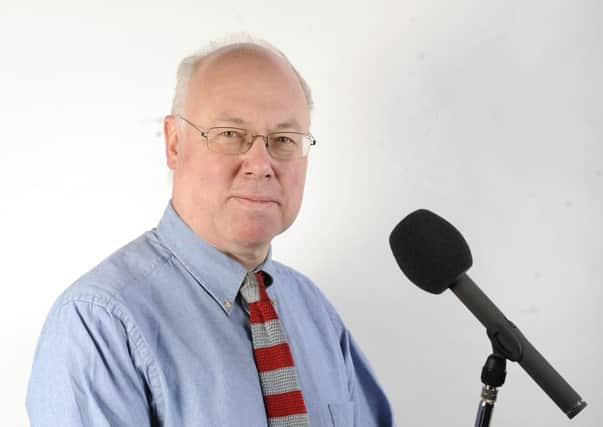Comment: Smith Commission impact on business


You may have noticed there were sharply varying interpretations of just how much direct control Holyrood will have over its revenues. The normally reliable Institute for Fiscal Studies (IFS) reckons that, with income tax powers, Scotland will raise 60 per cent of its own spending money. Ditto the more partisan UK Treasury. Conversely, a “disappointed” Nicola Sturgeon claimed that “70 per cent of taxes will still be set by Westminster”.
I’ll split the difference. As far as I can see, both the Treasury and IFS are ignoring the fact that the Scottish Government inherits from Smith an increase in spending commitments of circa £2.5 billion per annum on top of the current £34bn. One has to make a few heroic guestimates but Smith probably gives Holyrood an extra £16bn on top of £3.4bn self-generated funds at present (the rest is the Treasury block grant).
Advertisement
Hide AdAdvertisement
Hide AdThat means roughly 53 per cent of Holyrood’s future income will be self-generated. Hardly enough to cut the Treasury apron strings, but sufficient to cause problems if the Scottish economy splutters. Devo-max this is not.
The Scottish Government will find itself excessively dependent on a single and volatile source of revenue; i.e. income tax. Surely we were scolded vis-à-vis oil that such dependence was a bad idea? Suppose there is an economic shock leading to a sudden fall in Holyrood’s income tax receipts? Triggered, say, by a nosedive in the Aberdeen economy (not a fantasy with Brent crude at a four-year low after Thursday’s Opec summit).
This would lead to instant public spending cuts, accelerating the downturn. Yet Smith has deliberately rejected giving Holyrood any tax levers to reboot growth through industrial investment.
Under Smith, corporation tax, national insurance and taxation of investment income and capital gains remain with Westminster. Holyrood ends up with a tax that successive UK governments have not raised since the 1970s apart from the piddling 50 per cent (now 45 per cent) rate for the wealthy, which actually garnered very little extra revenue due to avoidance schemes.
Smith has also banjaxed any possibility of integrating National Insurance and income tax in the UK – a long-overdue reform.
Of course there is another key tool for providing macroeconomic stimulus – capital borrowing powers. Smith promises these, potentially a revolutionary move. However, there is a rider: “The Scottish Government’s borrowing powers should be agreed by the Scottish and UK governments”. Can I feel the apron strings tugging?
SUBSCRIBE TO THE SCOTSMAN’S BUSINESS BRIEFING